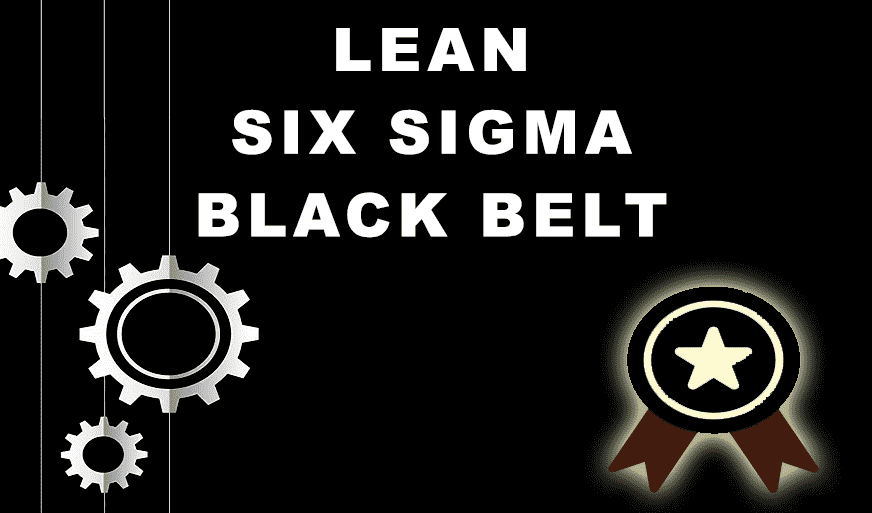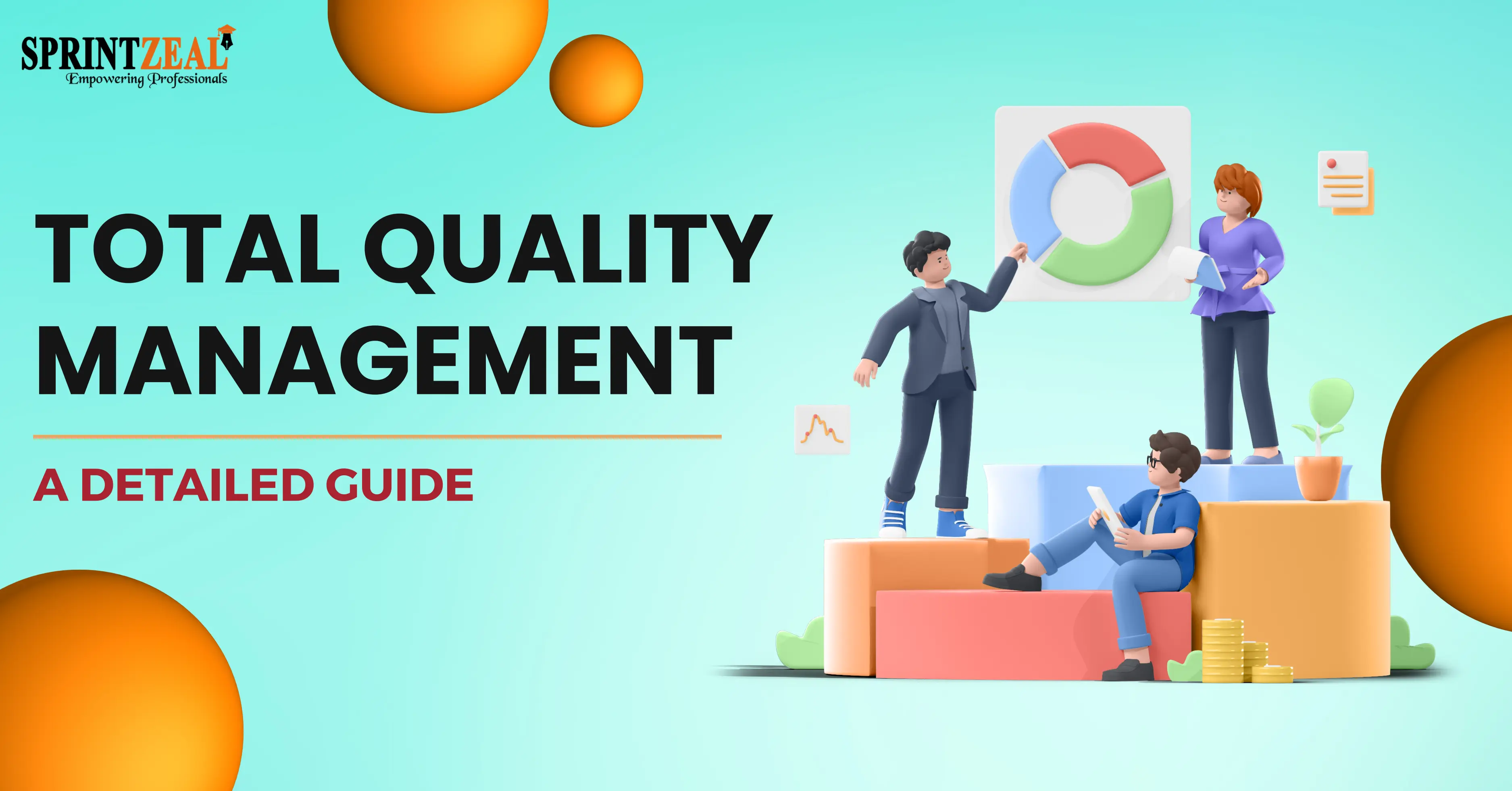Tips for Continuous Integration Testing: Streamlining QA
-
 By Sprintzeal
By Sprintzeal - Published on Feb 18 2025

Tips for Continuous Integration Testing
Teams can identify and fix problems early in the development cycle thanks to Continuous Integration (CI) testing, which has become a crucial procedure in contemporary software development.
A deliberate strategy and meticulous preparation are necessary for the successful implementation of continuous integration testing.
These pointers assist businesses in improving the effectiveness and dependability of their CI testing procedures.
Table of Contents
1. Prioritizing Test Automation Strategy
The cornerstone of a successful CI testing installation is a carefully thought-out test automation approach. Based on variables like test frequency, complexity, and business criticality, teams should carefully choose which tests to automate. The goal of the automation strategy should be to write dependable, maintainable test scripts that run fast inside the continuous integration pipeline.
To attain ideal coverage while preserving manageable execution times within the CI system, think about putting in place a hybrid strategy that blends unit tests, integration tests, and important functional tests.
2. Structuring Test Environment Management
Reliable CI testing depends on effective test environment management. Within the CI pipeline, teams should set up procedures for automatically generating, maintaining, and cleaning up test environments. This entails organizing test data, putting environment provisioning scripts into practice, and making sure that the configuration is constant throughout the testing process.
To avoid interfering with concurrent test executions, test environments should be separated and closely resemble production conditions. Reliable findings are ensured and testing bottlenecks are avoided with routine environment maintenance and monitoring.
3. Implementing Smart Test Selection
It becomes impracticable and time-consuming to run all tests for every change as codebases get larger. By detecting and running only pertinent tests based on code changes, smart test selection helps to maximize continuous integration testing. This method includes keeping track of test coverage, evaluating code dependencies, and preserving test execution history.
In order to ensure that key functionality is sufficiently tested throughout the development cycle, teams should devise methodologies for deciding which tests should be executed for certain code modifications.
4. Building Robust Failure Analysis Systems
Maintaining the effectiveness of CI testing requires the prompt detection and fixing of test failures. Teams should put in place thorough reporting and recording systems that offer extensive details on test failures, including execution logs, test data, and environment circumstances.
With capabilities like trend analysis, automatic alerting systems, and test result classification, the failure analysis system should facilitate prompt problem solving. This makes it easier for teams to spot trends in test failures and deal with underlying problems.
5. Establishing Clear Recovery Procedures
Problems that impact test execution or environment stability can occur even with well-maintained continuous integration testing procedures. Teams should set up explicit protocols for resolving typical failure situations, such corrupted test environments, network problems, or resource shortages.
These protocols must provide fallback choices for crucial testing situations, automatic cleansing methods, and environment reset mechanisms. Maintaining testing continuity and minimizing disturbance to development workflows are made possible by thorough documentation and frequent reviews of recovery methods.
Conclusion
Testing for continuous integration (CI) improves software quality by spotting problems early in the development process. Teams should give test automation top priority in order to maximize CI testing, making sure that the scripts are quick and easy to maintain.
While intelligent test selection speeds up execution by concentrating on pertinent changes, effective test environment management avoids inconsistencies. Sturdy failure analysis systems and well-defined recovery protocols provide rapid problem solving while preserving workflow stability.
Opkey test automation streamlines testing by removing complexity from everyday operations, migrations, and deployments. Opkey, which is trusted by multinational corporations, guarantees smooth automation of ERP testing.
Opkey offers state-of-the-art test automation, so you can easily streamline your quality assurance procedures.
Subscribe to our Newsletters
Popular Programs
Trending Posts
Total Quality Management - A Complete Guide for Beginners
Last updated on Nov 6 2023
Essential Components of a Quality Management System
Last updated on Aug 19 2024
Benefits of QMS Certification for Your Business
Last updated on Jul 1 2024
Quality Assurance vs Quality Control
Last updated on Aug 2 2023
How to become a Quality Analyst
Last updated on Jan 11 2024
Who Needs ISO 9001 Certification and Why?
Last updated on Aug 29 2024
Categories
- Agile Management 54
- AI and Machine Learning 42
- Big Data 53
- Business Management 51
- Cloud Computing 44
- Digital Marketing 56
- Information Security 8
- IT Hardware and Networking 17
- IT Security 103
- IT Service Management 29
- Leadership and Management 1
- Microsoft Program 2
- Other 43
- Programming Language 31
- Project Management 162
- Quality Management 75
- Risk Management 8
- Workplace Skill Building 2
Trending Now
Top Career benefits of Lean Six Sigma Green Belt
ArticleLean methodology, Six Sigma methodology and Lean Six Sigma Explained
ArticleSix Sigma Black Belt Certification – Value and Career Benefits in 2024
ArticlePareto Chart in Six Sigma - Explained
ArticleQuality Management Interview Questions 2024
ArticleSix Sigma Certification Guide - A Professional's Guide
ArticleSix Sigma Yellow Belt Certification - Six Sigma for Beginners
ArticleQuality Control Explained – Six Sigma
ArticleTotal Quality Management - A Complete Guide for Beginners
ArticleQuality Assurance in Six Sigma Explained
ArticleQuality Assurance vs Quality Control
ArticleSix Sigma Certification – Everything you Need to Know About Getting Certified
ArticleLean Six Sigma on Resume for Rewarding Career Benefits
ArticleQuality Manager Interview Questions and Answers for 2025
ebookService Delivery Manager Interview Questions and Answers (With Examples)
ArticleSix Sigma Interview Questions and Answers 2024
ArticleHow to become a Quality Analyst
ArticleA Supply Chain Management Guide to Mastering Logistics End to End
ArticleSenior Quality Manager Interview Questions and Answers 2024
ArticleTop 30 Quality Analyst Interview Questions and Answers 2025
ArticleFinancial Analyst Interview Questions and Answers 2024
ArticleRisk Manager Interview Questions and Answers 2024
ArticleCompliance Manager Interview Questions and Answers 2024
ArticleOperation Manager Interview Questions and Answers
Article5 Lean Continuous Improvement Principles to Supercharge Your Operations
ArticleHow to Become a Quality Manager - Career, Job Scope and Certifications
ArticleEssential Components of a Quality Management System
ArticleSix Sigma Certifications - Reasons Why you Should Get Them
ArticleTop Qualities of a Good Manager and a Leader
ArticleLearn about Statistical Process Control (SPC) and its top applications
ArticleCost of Poor Quality - A Detailed Guide
ArticleImplementing 5S Methodology for Better Work Efficiency
ArticleWhat Is Lean Management?
ArticleBest Six Sigma Books in 2024
ArticleLeadership vs Management - The Ultimate Guide
ArticleQuality Assurance Plan - Six Steps To Quality Assurance Plan
ArticleOperational Planning Creation, Key Elements and its Benefits
ArticleA Complete Guide to Product Life Cycle Stages 2025
ArticleSix Sigma tools for DMAIC Phases
ArticleWhat Is Lean Manufacturing?- An Overview
ArticleThe Lean Continuous Improvement Model: A Comprehensive Guide
ArticleDMAIC vs. DMADV: Key Differences and Choosing the Right Six Sigma Methodology
ArticleA Deep Dive into the Power of Lean Continuous Improvement Process
ArticleLean Continuous Improvement Methods for Business Excellence
ArticleIntroduction to Lean Manufacturing- Definitions, Framework, and More
ArticleUnderstanding the Key Principles of Lean Manufacturing
ArticleSecret to Unlock Organizational Excellence: Stages of Continuous Improvement
ArticleLean Continuous Improvement: A Detailed Guide to Mastering Organizational Quality
ArticleLean Waste Management: The Ultimate Guide 2023
ArticleA Deep Dive into Lean Continuous Improvement Tools
Article8 Wastes of Lean - Strategies for Identification and Elimination
ArticleThe Ultimate Guide to Lean Manufacturing
ArticleUnderstanding Lean Manufacturing's Pros and Cons
ArticleLean Waste Reduction Strategies: Boost Efficiency and Cut Costs
ArticleTop 10 Lean Manufacturing Tools for Optimal Productivity
ArticleBeyond the Basics: Benefits of Lean Continuous Improvement
ArticleWhat are Quality Standards? | A Guide to ISO Standards
Article7 Important Types of Quality Management System
ArticleA Comprehensive Guide to Quality Management Systems
ArticleISO 9001 Standard: Benefits and Certification
ArticleBenefits of QMS Certification for Your Business
ArticleStep-by-Step Implementation Guide to ISO 9001
ArticleThe Ultimate Guide to ISO 9001: Boosting Quality and Certification Success
ArticleQuality Management System – QSM Approaches and Methodologies
ArticleHow to Effectively Implement a Robust Quality Management System?
ArticleExplaining QMS Documentation Structure: Benefits and Best Practices
ArticleWho Needs ISO 9001 Certification and Why?
ArticleKey Elements of ISO 9001:2015 Quality Management System
ArticleOvercoming Common Challenges in ISO 9001 Certification: Tips and Best Practices
ArticleBest Quality Management Tools
ArticleTotal Quality Management (TQM) vs. Six Sigma
ArticleQuality Manager Salary: What Freshers & Experts Earn in 2025
ArticleCertified Scrum Product Owner: Job Roles And Responsibilities
Article10 Quality Management Strategies Adopted by Top Managers
Article
















